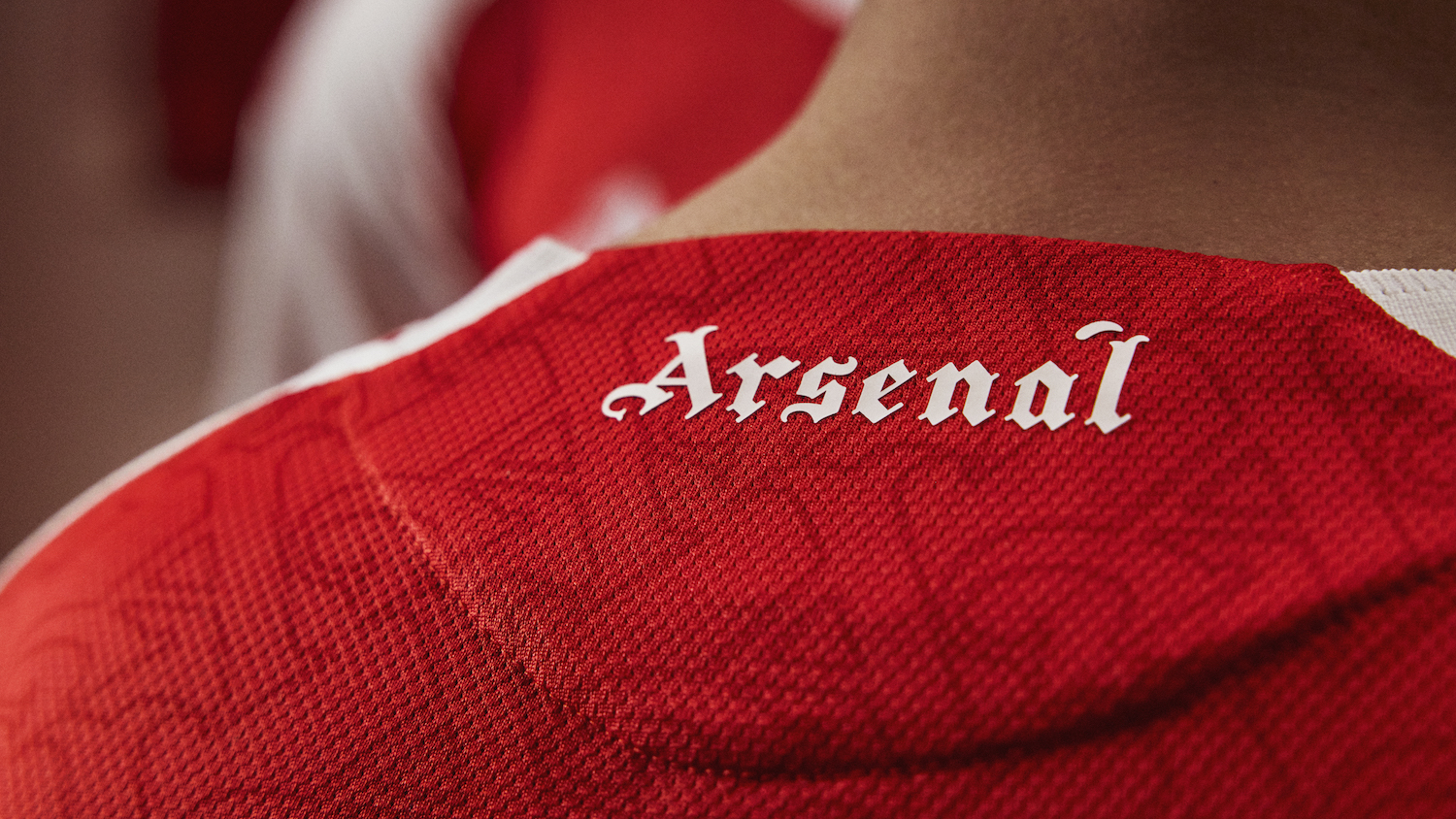The Premier League: perfect for morons
In England, the first all-Premiership Champions League final has been a cause of national rejoicing, self-satisfied chortling and the frequent airing â in inns and taverns across Britain â of the opinion that the Premiership is the best in the world.
Alas, this conviction is not shared by the rest of Europe.
NobodyâÂÂs quite come out yet and compared English football to faeces on a stick as Jorge Valdano, World Cup winner, author and man about town, did last year. But Arrigo Sacchi, who dubbed all three English semi-finalists as dull and uncreative, has come close. And Frank Rijkaard, the eloquent, but vulnerable coach at Barcelona, has said while Premiership teams deserve their success it would be nice if they played some football in the Champions League.
ItâÂÂs easy to dismiss this all as sour grapes but foreign players have been saying similar things for a while. Christian Ziegler memorably observed that the Premiership is the only major league where giving the ball away is not regarded as a mistake â because youâÂÂre certain to get it back.
And Hernan Crespo, talking to Champions a couple of years ago, was at a loss to find the words to describe the lunatic speed at which the Premiership was played. The only benefit, he suggested, of playing football at that speed was that it made it impossible for players to think. In other words, though he was too polite to say as much, this was a great way to play the game â if you were a moron.
Crespo at Chelsea: "Perhaps if we all lie down for a while..."
In fact, none of the three English semi-finalists play football the Premiership way. Not even Manchester United. But, as Jose Mourinho has pointed out, if most young English footballers are trained to play in one particular style it canâÂÂt be good for the long-term health of the English game.
The best features, fun and footballing quizzes, straight to your inbox every week.
Good as it is to have two English teams in the final, it would boost the vitality of the Premiership if we couldnâÂÂt, before the season started, name the top four teams. You canâÂÂt do that in any other major league in Europe.
Professional sourpusses wonâÂÂt be impressed by whatever Chelsea and Manchester United do in Moscow. A seven-goal thriller and theyâÂÂll mock the quality of defending. A repeat of the 2007 FA Cup final and theyâÂÂll gleefully dismiss the Premiership as dull. But games like this are a golden opportunity for both teams to challenge the unflattering stereotype that still bedevils English clubs.
The strange case of Didier Drogba
There are many things I wonder about ChelseaâÂÂs striker. Insignificantly, I wonder how to pronounce his surname. A worrying number of people I know pronounce the second syllable âÂÂbah!â as in âÂÂBah! Humbug!â But I prefer a flat northern/Midlands âÂÂbaâÂÂ.
The second â and most important â thing that puzzles me about Drogba is that I have never seen a creature so strangely fragile yet resilient? One moment, heâÂÂs leading the line with the gladiatorial passion of Russell Crowe in Gladiator. The next, heâÂÂs doing a pratfall with the distressed panache of Frank Spencer in Some Mothers Do âÂÂAve âÂÂEm. And sometimes, when heâÂÂs not enjoying a match, he has the best pout since Kate Moss.
None of this qualifies my admiration for an immensely talented player who must be, when heâÂÂs on his game, the best lone striker in the world today. Which, seeing as strikers are increasingly condemned to mount a lonely vigil upfront, is almost like saying Drogba the best striker in the world.
Against Liverpool last week, he gave a truly fascinating performance. In the first half, he terrorised their defence. In the second, he was virtually absent. He seemed, from his absorbed expression, to be contemplating some ancient slight afresh. And then, reinvigorated in extra-time, up he popped to score what, I believe, were his first goals in the knock-out stages of the Champions League.
I know during many games heâÂÂs played part of the time as if he had his mind on other things â his next club perhaps â but I wouldnâÂÂt be surprised if heâÂÂs on fire in Moscow.
I donâÂÂt know what it means but there is, in the Russian capital, a growing conviction that Chelsea will prevail.
The Hughes doctrine
Goals, said Mark Hughes on ITV two weeks ago, come from consecutive errors. And the Champions League semi-finals proved him right.
First, there was Lamps caught in possession, than MakeleleâÂÂs jump over the ball as Liverpool went 1-0 up at Anfield. Then there was Mascherano, taking charge of Kalou on the flanks but failing to stop the cross that panicked Riise.
In the United-Barcelona second leg, there was ZambrottaâÂÂs blind pass into the grass just in front of his penalty area to give Scholes a clear shot.
At Stamford Bridge, there was HyypiaâÂÂs foul to concede the penalty, DrogbaâÂÂs stuck-out leg that impeded Hyypia and should have conceded another penalty, Riise (again) waving for offside and out of position as Drogba scored ChelseaâÂÂs first and, finally, Petr CechâÂÂs lapse of concentration when Babel shot.
You can see why coaches become obsessed by eliminating mistakes.
And finally
Something remarkable happened at the weekend. Porto, runaway champions in Portugal, lost 3-0 at home to Nacional. What was remarkable â apart from the fact it was the Dragonsâ first home defeat all season in the league â was that the Dragons had, previously, conceded just a single goal at home.
 Join The Club
Join The Club





